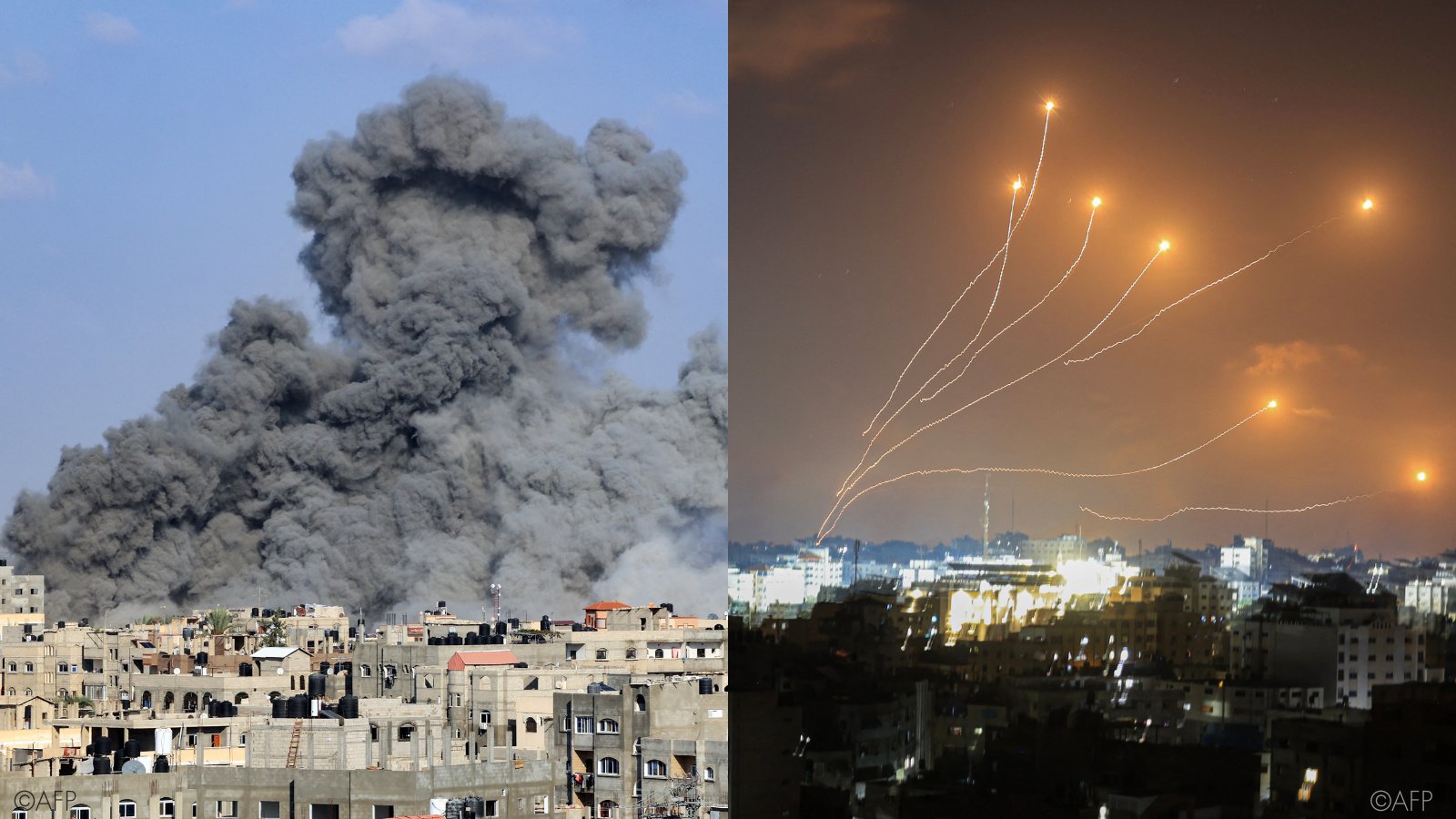
Israel’s military chief said “Now is the time for war” as his country amassed tanks near the Gaza Strip ahead of a planned ground invasion to annihilate the Palestinian militant Hamas group that rules the enclave and was behind deadly weekend attacks.
Israel has pounded Gaza from the air since the weekend incursions, the deadliest by Palestinian militants in its history, and has been preparing for a ground invasion.
The United Nations said early on Friday it had been told by the Israeli military that some 1.1 million Palestinians in Gaza should relocate to the enclave’s south within the next 24 hours.
“The United Nations considers it impossible for such a movement to take place without devastating humanitarian consequences,” U.N. spokesman Stephane Dujarric said in a statement.
“The United Nations strongly appeals for any such order, if confirmed, to be rescinded avoiding what could transform what is already a tragedy into a calamitous situation,” he said.
Seeking to build support for its response, Israel’s government showed U.S. Secretary of State Antony Blinken and NATO defence ministers graphic images of children and civilians they said Hamas had killed in a weekend rampage in Israel.
Blinken said they showed a baby “riddled with bullets,” soldiers beheaded and young people burned in their cars. “It’s simply depravity in the worst imaginable way,” he said. “It’s really beyond anything that we can comprehend.”
Like others across the globe, Blinken urged Israel to show restraint, but he also reiterated America’s support, saying: “We will always be there by your side.”
On Friday he was due to meet Jordan’s King Abdullah and Mahmoud Abbas, head of the Palestinian Authority in the Israeli-occupied West Bank, as part of a Middle East tour aimed at stopping spillover from the war.
America’s top diplomat, Blinken planned to visit key U.S. allies Qatar, Saudi Arabia, Egypt and the United Arab Emirates – some with influence on Hamas, an Islamist group backed by Iran.
Israel’s military chief, Lieutenant General Herzi Halevi, said lessons would be drawn from the security failures around Gaza that enabled the attack. “We will learn, investigate, but now is the time for war,” he said.
The U.S. military is placing no conditions on its security assistance to Israel, U.S. Defense Secretary Lloyd Austin said, adding Washington expected Israel’s military to “do the right things” in prosecuting its war against Hamas.
Austin was due in Israel on Friday and planned to meet Israeli Prime Minister Benjamin Netanyahu.
Hamas called on Palestinians to rise up on Friday in protest at Israel’s bombardment of the enclave, urging Palestinians to march to East Jerusalem’s Al-Aqsa Mosque and clash with Israeli troops in the occupied West Bank.
Israel’s parliament approved Netanyahu’s emergency unity government late on Thursday, including a number of centrist opposition lawmakers, to display the country’s united determination to fight Hamas.
Public broadcaster Kan said the Israeli death toll had risen to more than 1,300. Scores of Israeli and foreign hostages were taken back to Gaza; Israel said it had identified 97 of them.
Israel has responded so far by putting Gaza, home to 2.3 million people, under siege and launching a bombing campaign that destroyed whole neighbourhoods. Gaza authorities said more than 1,500 Palestinians had been killed.
Sirens warning of incoming rocket fire blared in Israeli communities near the Gaza border early on Friday.
Israel carried out air strikes across the Gaza Strip overnight, Palestinian media reported. One attack on a house in the Bureij refugee camp in central Gaza killed at least 17 people, the reports said.
The International Committee of the Red Cross (ICRC) said fuel powering emergency generators at hospitals in Gaza could run out within hours and the United Nations World Food Programme (WFP) warned food and fresh water were running dangerously low.
“The human misery caused by this escalation is abhorrent, and I implore the sides to reduce the suffering of civilians,” ICRC regional director Fabrizio Carboni said.
Human Rights Watch on Thursday accused Israel of using white phosphorus munitions in its military operations in Gaza and Lebanon, saying the use of such weapons puts civilians at risk of serious and long-term injury.
Israel’s military said it was “currently not aware of the use of weapons containing white phosphorus in Gaza.”








